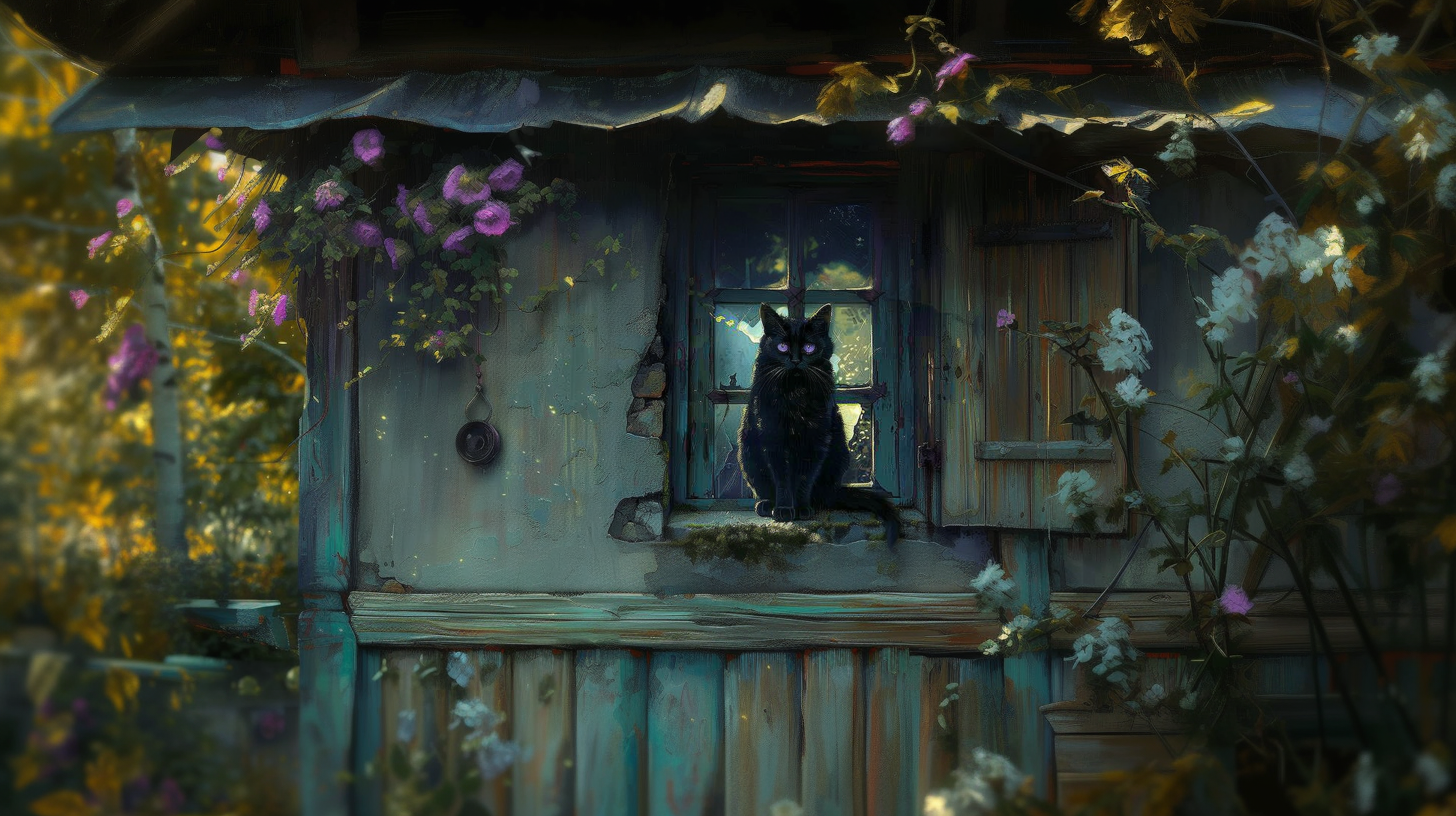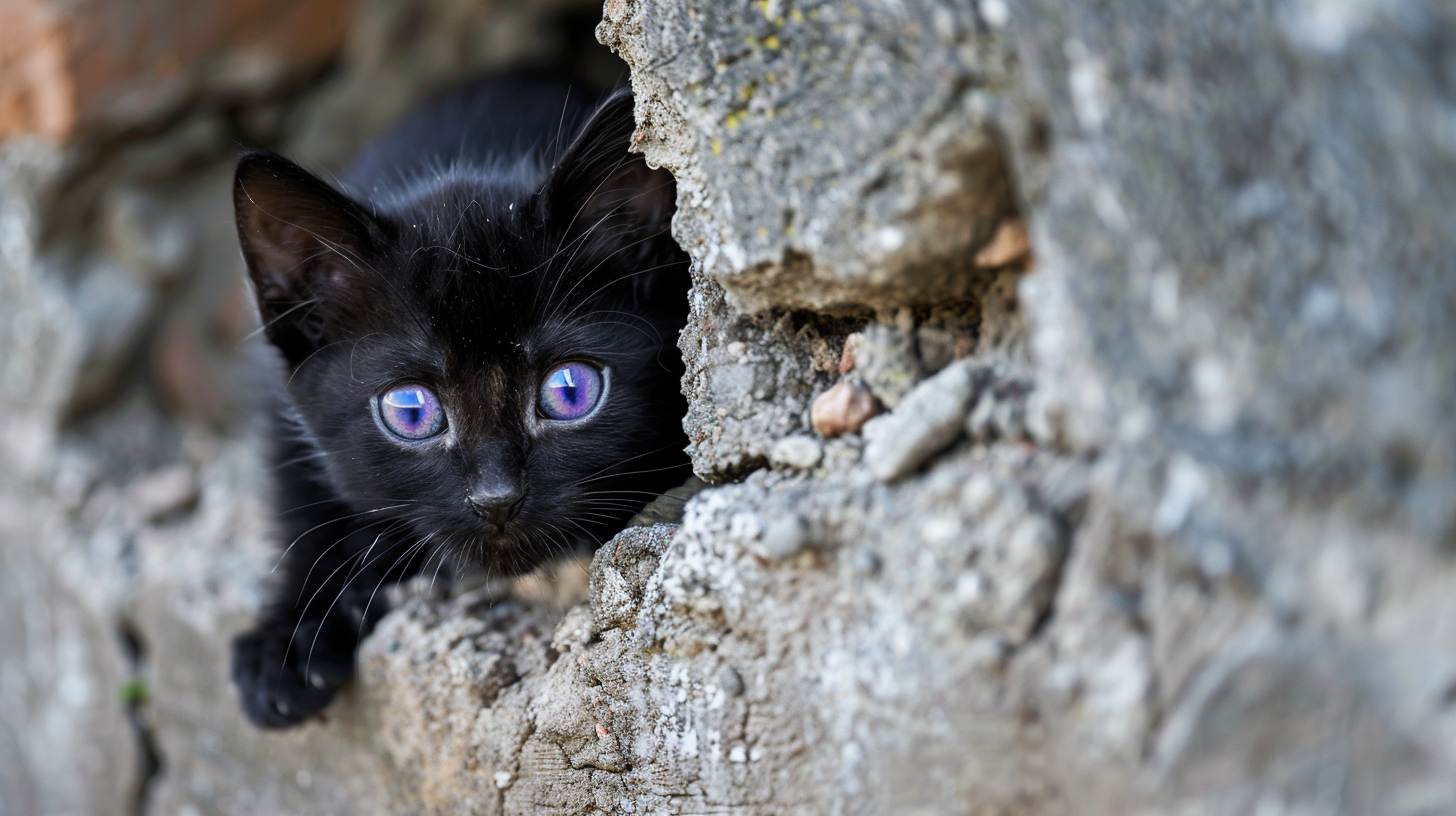Success in a Creative World
The benefit of a creative life must not entail the detriment of an adoring audience

This past weekend, I went to a burlesque show directed by my dear friend Julia DiVerdi. The event was almost overwhelming in its innovation. I am still processing feelings that awakened inside me.
Julia is a very accomplished dancer and dance instructor in her own right (see our podcast here). But as well as performing, Julia also choreographed most of the two-hour show. And if that wasn't enough, Julia also designed and sewed many of the outfits every dancer wore.
In short, Julia is a powerhouse of creativity that seems never to run empty. Frankly, it must be exhausting.
But in an odd juxtaposition, Julia also appears unaware of the effect her creativity has on the Universe outside her. My wife and I went to lunch with Julia a few weeks ago, and people at the next table gave us the side eye (and admittedly, we do stand out a bit).
Julia didn't even notice. She doesn't see other people's reactions to her, especially when she is focused on another person. To me, this is true success at a craft: to give herself over to a creative pinnacle and not even to heed the people who received the blessing of her creativity.
Transgender hypersensitivity
My story is very different from Julia's. I sense eyes glancing at me from across crowded airports. This hypersensitivity to attention likely stems from childhood trauma, but I believe my transgender experience informs it as well.
Transgender people tend to be very tuned in to what occurs around us - it is a survival tactic to prevent getting hurt by it. We must maintain vigilance against threats - real or perceived - that result from failed attempts to integrate into "normal" society.
For me, performance is difficult. I must psych myself up in order to perform. Truly, I love the performance when I get started, but until then, I hope nobody notices me. When the performance ends, I want to run away to prevent the inevitable criticism I will endure.
In my head, I understand both expectations belong only to me - they don't represent the world around me. But this solidifies what I admire most about Julia. She is aware of her value, and yet unaware of those who evaluate her.
My measure for success is far different. With an all-or-nothing approach to life, it is difficult for me to allow life simply to happen. I must command and control, analyze comments in social media, agonize over losing a YouTube subscriber. Frankly, it is exhausting.
Will I be pretty? Will I be rich?
I wonder where I will be a year from now. After my trip to Thailand in July, there will be no big milestone to look forward to. At least, not in my gender transition, which has taken up much of my time for a year and a half.
On the other hand, there will be many milestones to look forward to in my career as a content creator and activist. Maybe my creativity will be humming along in a year. Maybe I'll still be struggling to pick up momentum. It's unclear, and I'm excited to see where this path can take me.
But the trepidation I feel about the future is not mirrored outside my own thoughts. My tarot readings are consistently positive. The people I work with to grow my content believe I can be successful. But what is success?
Success doesn't mean "make a ton of cash" or "gain a ton of fame." Both may be ancillary results of what I do, but I don't name my success that way.
In fact, I haven't actually named what success will feel like. I don't have a metric to know when I arrive.
Success as popularity
I admit, I get a small high when I see a post of mine on social media liked or shared. Responses are even better - what I wrote was interesting enough for another person to engage!
After a lifetime of staying out of the spotlight (while also clearly enjoying the art and act of performance), I observe myself leaning into a public presence that surprises me. It surprises me because I only ever wanted to do "a good job" - whatever that might mean in context of the job.
But for what I do now - writing, podcasting, public speaking, educating people about identity and gender - success truly is measured as popularity.
I put my content on the marketplace of ideas, and I hope people will purchase them. Success in the public eye means becoming more public in order to sell more ideas in order to grow more public.
However, popularity isn't success to me. At least, this is the mantra I've chanted to myself since junior high school when it was clear I would not be popular there.
I don't want just to sell ideas. I need to sell good ideas. One of my keywords is honesty. Another is truth.
I don't want to be popular. I want my ideas to be popular because they make sense, because they help people feel better, because those people go on to do more themselves.
Success as a hermit
In not chasing popularity, I am similar to Julia DiVerdi as well as another J.D. - J.D. Salinger. A challenging author, Salinger left public life altogether to live in a small town in New Hampshire. Salinger achieved fame, found he hated it, and withdrew.
But before Salinger disappeared, he left tremendous stories that give readers an angle on modern life that leaves them wondering why they do it. J.D. Salinger became the living embodiment of a rebellion against precisely his stories.
Does being popular entail embracing what Holden Caulfield describes as "phony?" None of that for J.D. Salinger, thank you very much.
Instead, Salinger left the world to pursue a life of quiet. Presumably, the royalties for "The Catcher in the Rye" were enough to keep him fed and clothed. If Salinger felt he deserved a life of peace after having delivered his message that life should be about finding genuine peace - I could not disagree with him.
Where I do disagree with J.D. Salinger is in disappearing. Were there more stories to tell? He decided there were not, and the Universe may only grieve.
Success in my own skin
I cannot give up the ideas I've worked to develop. Every human must discover and manifest who we are as our highest moral obligation. This idea is inviolable, the guidepost by which each of us should navigate.
Like Salinger, I want my life to act as an example of the content I create. I appreciate being able to entertain, I love to make people laugh, yet I cannot compromise the person I expect others to be. To do so is to act unfairly to a world already skewed toward injustice and deception.
Although I adore the burst of dopamine when I see a like or a share or a follow, what I truly consider success is watching another person take control of their life and moving forward. Yes - even if moving forward means forgetting me and the message I embody entirely.
The world has certainly forgotten J.D. Salinger, despite thousands of high school students reading his work annually and developing a sense of unease at the sliding descent of their lives in pursuit of being popular. Salinger is forgotten, but the sense of unease persists.
To be obscure is depressing. To be revered is exhausting. To exist in the middle - as inspiration and yet autonomous - that is success.
I yearn for the peace Julia has shown me: to be wonderful, yet to remain oblivious to those around me amplifying my wonder.




